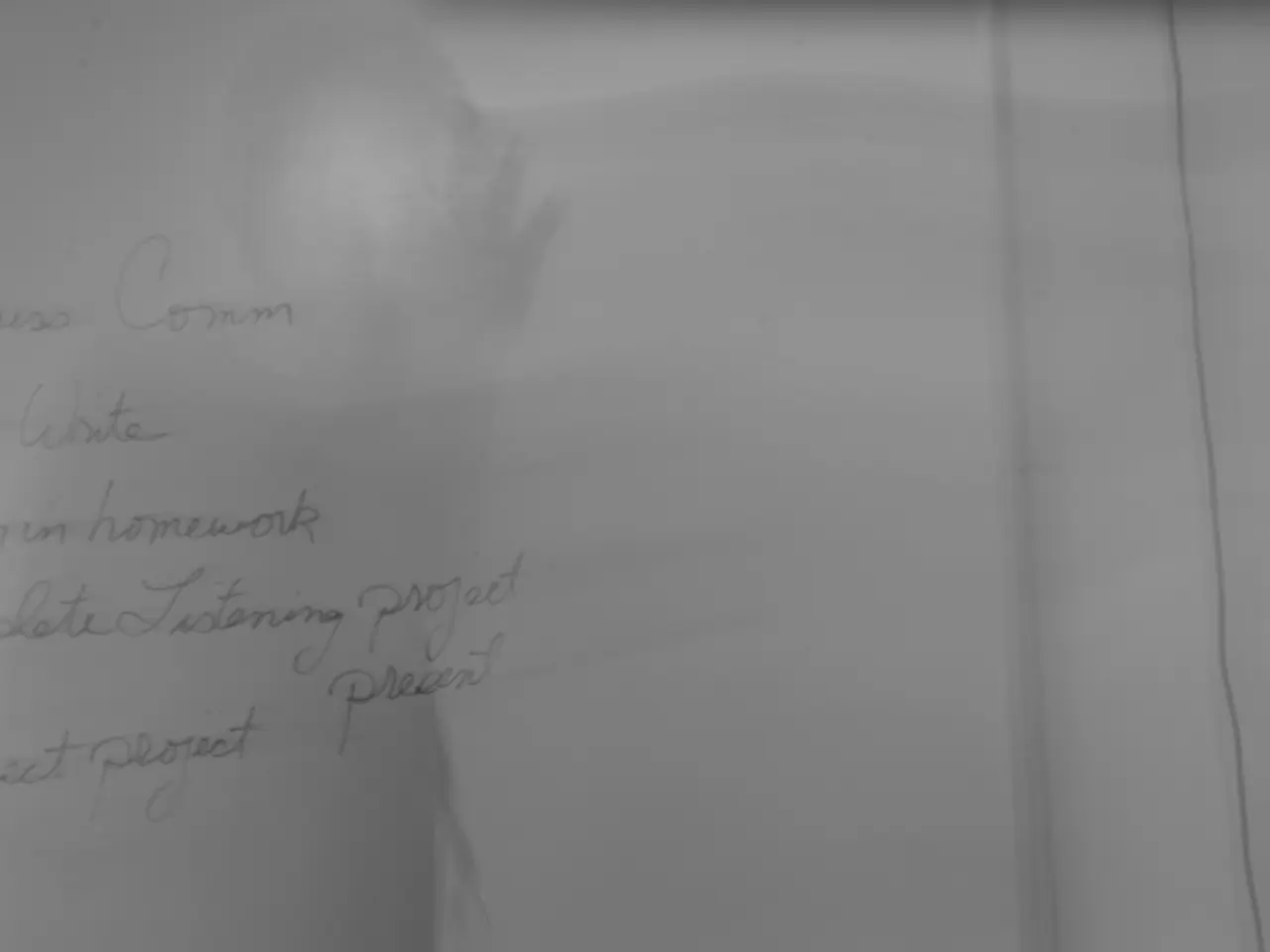Alimony claim denied: Supreme Court dismisses request for ₹12 crore and BMW as insufficient income evidence from LinkedIn profile.
In a landmark decision, the Supreme Court of India has put an end to an eight-year-long matrimonial dispute between a man and his estranged wife. The dispute, which has now been resolved, involved requests for substantial alimony and specific assets.
During the course of the dispute, the wife had demanded ₹12 crore, a BMW car, and additional compensation. However, the court did not grant these requests. Instead, the court granted the wife a flat in Mumbai as alimony.
When considering alimony in divorce cases, the Supreme Court takes multiple factors into account. These factors include the parties' social and financial status, reasonable needs, qualifications, income and assets, standard of living during marriage, sacrifices made, litigation costs, and the financial capacity of the spouse liable to pay.
In this case, the Court looked at the status of the parties, the reasonable needs of the dependent spouse and children, the educational and employment qualifications and potential, independent income or assets of the spouse seeking alimony, the standard of living enjoyed during the marriage, employment sacrifices made for family responsibilities, reasonable litigation costs, especially for non-working spouses, and the financial capacity, income, and liabilities of the paying spouse.
Regarding specific asset demands like a BMW car or large lump sum alimony, the Supreme Court exercises discretion based on whether such demands were made timely and their reasonableness relative to the facts. In this case, the Court found the wife's fresh demands for ₹12 crore and a BMW car to be excessive and without legal basis.
It is worth noting that prior alimony received from a previous marriage is not a relevant factor when deciding alimony in a subsequent divorce. The Court emphasized that no claim for permanent alimony or such assets had been made at the time of settlement, and there was no evidence of coercion or fraud related to that agreement.
In conclusion, the Supreme Court balances the dependent spouse’s needs and status against the paying spouse’s financial situation and overall fairness, rejecting opportunistic or delayed claims for specific luxury assets like cars when unsupported by the circumstances. The court's decision in this case serves as a reminder of the Court's commitment to upholding justice and fairness in matrimonial disputes.
Policies regarding alimony in India's Supreme Court consider factors such as the parties' social and financial status, reasonable needs, qualifications, income and assets, standard of living during marriage, sacrifices made, litigation costs, and the financial capacity of the spouse liable to pay. In this specific case, the Court's discretion in regards to demanding luxury assets like a BMW car or large lump sum alimony was exercised, finding the wife's demands unreasonable and excessive.







